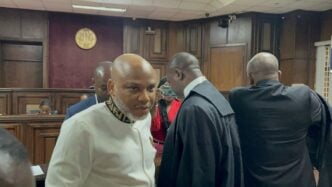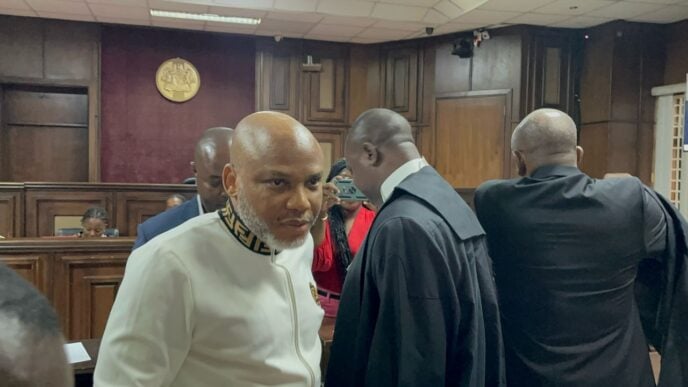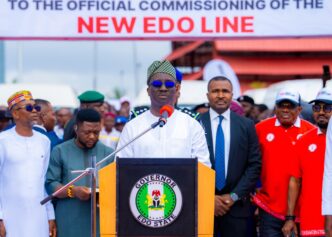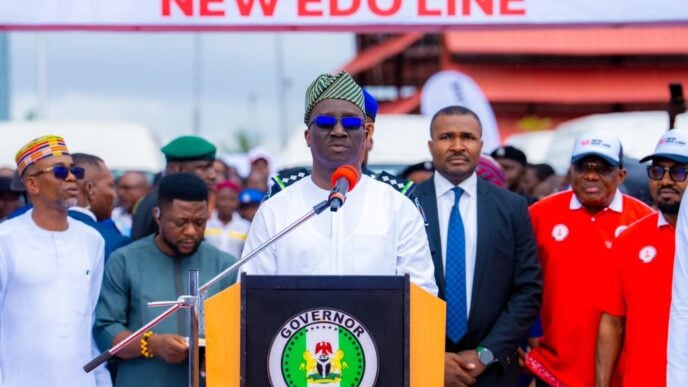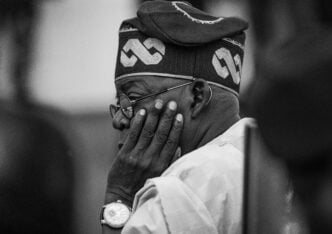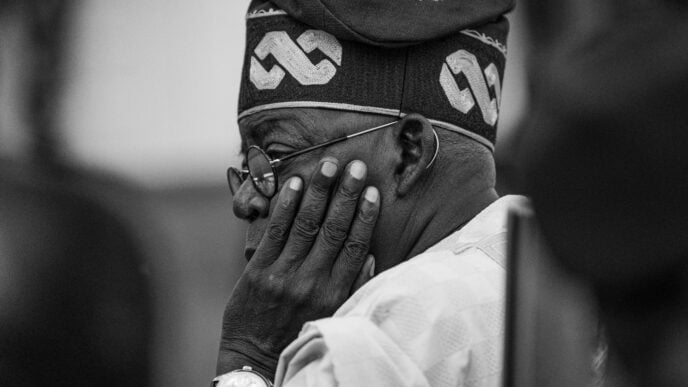A judge | File photo
Robin Knowles, the United Kingdom (UK) judge who set aside the controversial $11 billion arbitration award against Nigeria in the Process & Industrial Developments (P&ID) case, says he “struggled to accept what happened” before reaching his decision.
Speaking in London during the Roebuck Lecture at the Chartered Institute of Arbitrators on June 18, Knowles described the P&ID award—initially pegged at $6.6 billion in 2017 before interest compounded it to over $11 billion—as problematic on multiple levels.
The judge criticised the arbitration tribunal and Nigeria’s legal team, whose failures, he said, allowed inflated and unrealistic damage calculations to go unchallenged.
BACKGROUND
Advertisement
The P&ID had entered into a deal in 2010 to build a gas processing plant in Calabar, Cross River state.
However, the company said the agreement collapsed because the Nigerian government did not fulfil its end of the bargain.
The federal government alleged that the gas deal was a scam conceived to defraud the country, a claim the company denied.
Advertisement
The P&ID accused the federal government of “false allegations and wild conspiracy theories” and thereafter took legal recourse and secured an arbitral award against the country.
On January 31, 2017, a tribunal ruled that Nigeria should pay P&ID $6.6 billion as damages, as well as pre- and post-judgement interest at seven percent, which later amounted to $11 billion.
In October 2023, Knowles, justice of the commercial courts of England and Wales, halted the enforcement of the award by upholding Nigeria’s prayer that it was obtained by fraud and in violation of section 68 of the English Arbitration Act 1996.
The judge found that P&ID paid bribes to Nigerian officials involved in the drafting of the gas supply and processing agreement (GSPA) in 2010.
Advertisement
He also found that P&ID was illegally in possession of Nigeria’s privileged legal documents during the arbitration hearings.
The judge ordered the company to pay £43 million in compensation to Nigeria as legal fees and disbursements.
UNCHALLENGED CLAIMS/UNREALISTIC CALCULATIONS
Reflecting on the case, Knowles said the tribunal largely accepted P&ID’s expert evidence without question, while Nigeria’s counsel failed to present valid challenges to the evidence put forward by the company.
Advertisement
In approaching damages, he said the majority of the tribunal (composed of Lord Hoffmann and Anthony Evans) had reasoned that, if the contract had been performed, P&ID would have received an income from the sale of natural gas liquids extracted from the government-supplied wet gas for 20 years.
Knowles pointed out that neither the lawyers nor the tribunal considered whether P&ID’s profits could have dropped over 20 years for reasons unrelated to Nigeria’s actions.
Advertisement
“Respectfully, I did not consider the tribunal did all that it could to find out more, here and elsewhere,” he said, adding that “the conduct and effort of Nigeria’s lawyers at the quantum stage deserved severe criticism”.
Knowles also questioned the issues regarding “vast awards” in arbitration, arguing that such decisions risk harming economies and eroding public trust in international dispute resolution.
Advertisement
The judge criticised how interest was calculated on the P&ID award, which he said was based on hypothetical investment returns or borrowing costs, which, according to him, were not realistic for such a vast sum.
He described the tribunal’s approach as one that “made a vast award vaster,” adding that the award amount “would and could never have been received” by P&ID in any commercial reality.
Advertisement
“Vast awards lead to major enforcement disputes, encourage more parties to pursue vast claims and prevent access to justice because they act as a barrier to the healthy development of commercial arbitration funding,” Knowles said.
He stated that the original US$6.6 billion award was “a multiple of the size of the health and education budgets of Nigeria” and “one quarter of the entire budget for the entire nation, adding that it affected “not just the government of the day” but “a community of people, young and old, poor and better off, well and unwell”.
Knowles suggested introducing limits or exceptions in international law, where enforcing full reparations could cripple a state or an entire nation.
While acknowledging the tribunal’s difficult task, he argued it could have taken a more active role, including appointing its own experts or demanding better evidence from the parties involved.
Meanwhile, the UK supreme court has dismissed P&ID’s appeal challenging the currency in which it was ordered to pay costs to Nigeria.
The court upheld Knowles’ ruling that the costs should be paid in pounds sterling rather than Nigerian naira.





